Stephen Doster
-
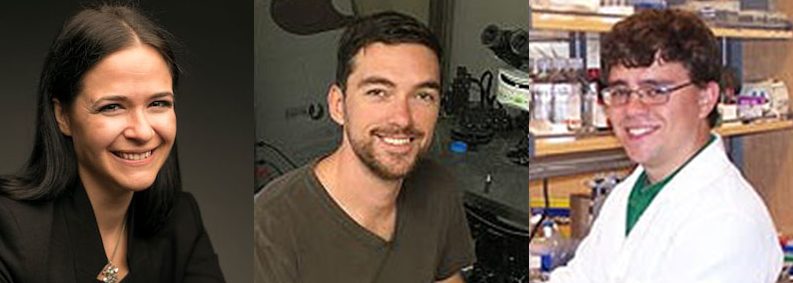
Four researchers receive Young Investigator Grants
Nov. 15, 2018, 11:08 AM by Bill Snyder Four Vanderbilt University researchers are among 200 recipients of this year’s Young Investigator Grants awarded by the Brain & Behavior Research Foundation to support “innovative ideas for groundbreaking neurobiological research.” The New York-based Foundation, formerly known as the National Alliance for Research… Read MoreNov. 15, 2018
-

David G. Harrison awarded AHA Basic Research Prize for 2018
David G. Harrison, MD, the Betty and Jack Bailey Professor of Cardiology and director of the Division of Clinical Pharmacology at Vanderbilt University School of Medicine, has been awarded the American Heart Association’s Basic Research Prize for 2018. Harrison, who also directs the Vanderbilt Vascular Biology Center at Vanderbilt… Read MoreNov. 13, 2018
-

Society for Neuroscience honors Vivien Casagrande
The Society for Neuroscience has paid tribute to the late Vivien Casagrande’s groundbreaking research and dedication to the advancement of women in neuroscience with the Patricia Goldman-Rakic Hall of Honor Award. Casagrande, a longtime professor of cell and developmental biology, psychology, and… Read MoreNov. 12, 2018
-

Evading cell death
Cancer cells can develop resistance to the treatments designed to eliminate them. Several studies have linked stress granules (SGs), cell organelles that form transiently in response to extracellular stress, to this phenomenon. However, how SGs protect cancer cells remains unclear. Susan Wente, PhD, and Laura Glass, PhD, report… Read MoreNov. 8, 2018
-

Novel methods to treat glaucoma
Glaucoma is characterized by degeneration of retinal ganglion cells, leading to irreversible vision loss. Currently, the only treatable glaucoma risk factor is increased intraocular pressure. While lowering this pressure can slow vision loss, it does not completely halt progression of the disease. Therefore, determining more direct mechanisms to prevent retinal… Read MoreNov. 8, 2018
-
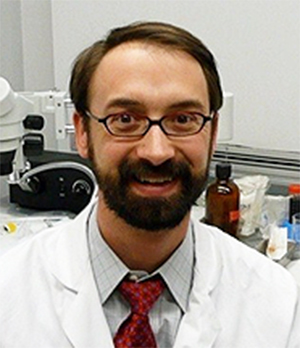
Obesity negates beneficial drug effects
Blocking CETP — a protein that shuttles cholesterol and triglycerides between lipoproteins such as HDL and LDL — has been shown to improve levels of the “good” cholesterol HDL. Outcomes from clinical trials of CETP inhibitors, however, have not demonstrated robust decreases in the risk of cardiovascular disease. Because many participants… Read MoreNov. 8, 2018
-
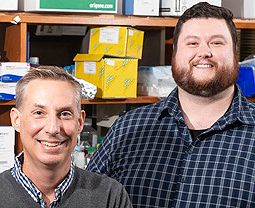
Team’s findings show glutamine metabolism affects T cell signaling
The cellular nutrient glutamine launches a metabolic signaling pathway that promotes the function of some immune system T cells and suppresses others, Vanderbilt researchers have discovered. They show that a drug that inhibits glutamine metabolism — currently in clinical trials as an anticancer agent — might also be useful as a… Read MoreNov. 2, 2018
-
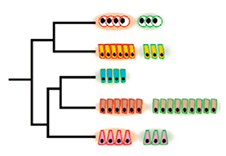
Exploring Single Cell Data with sc-UniFrac
Our growing ability to acquire data at the level of single cells in complex samples provides exciting new opportunities to understand physiological and pathophysiological processes; however, it also presents daunting challenges for the statistical evaluation of the resultant huge datasets. To date, most experimental approaches have focused on identifying the… Read MoreOct. 25, 2018
-
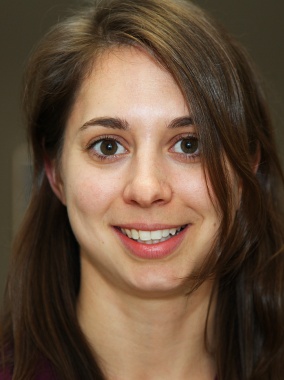
Rothamel selected as Vanderbilt Prize Student Scholar
Katherine Rothamel, a PhD student in the Department of Biochemistry at Vanderbilt University School of Medicine, has been selected as the 2017 Vanderbilt Prize Student Scholar. Katherine Rothamel She will be mentored by Lynne Maquat, PhD, an internationally known scientist at the University of Rochester School of Medicine and… Read MoreOct. 25, 2018
-
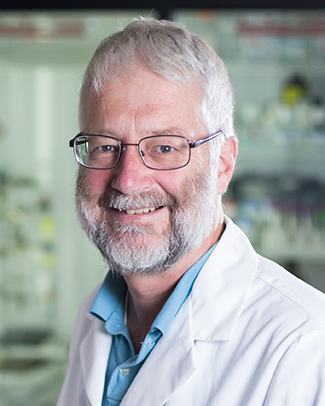
Grant enhances study of new chemotherapy targets
Vanderbilt chemists have been awarded $7.2 million over the next five years from the National Cancer Institute to lead an initiative to better understand how a combination chemotherapy for breast cancer targets DNA. Michael Stone, PhD, Carmelo Rizzo, PhD, and Martin Egli, PhD, will research the chemical biology… Read MoreOct. 23, 2018